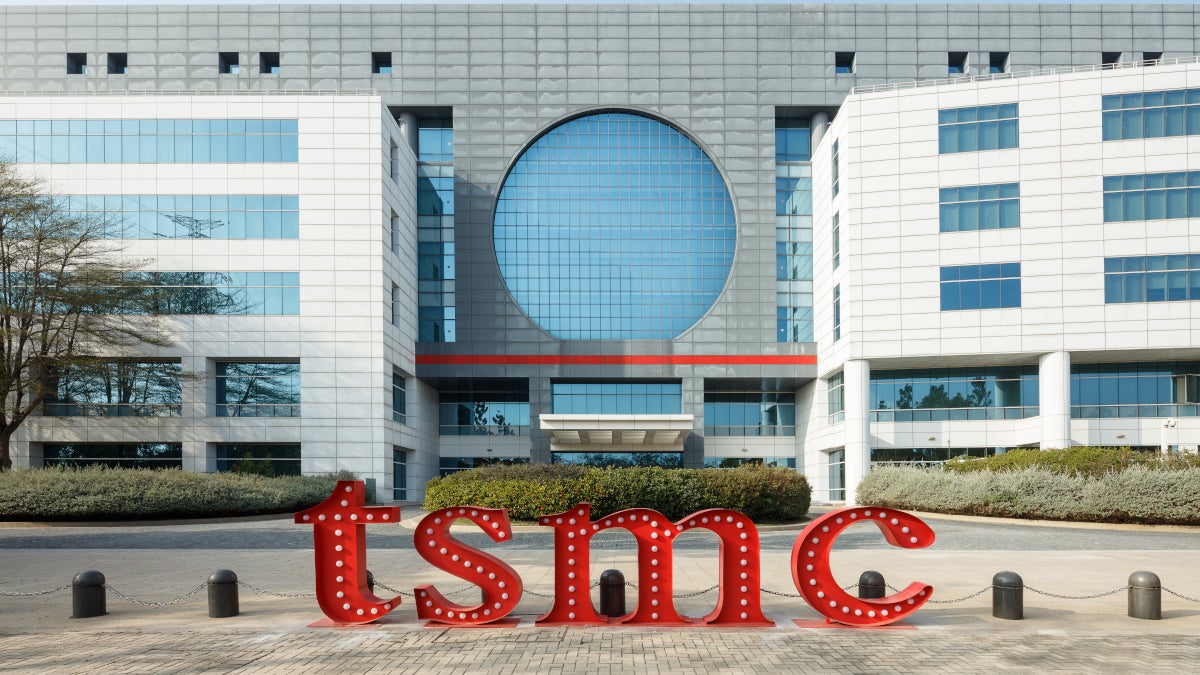Report says TSMC might delay the start of its 2nm production

It has been a pretty easy transition to the N3B 3nm process node for TSMC mostly because the foundry reserved the vast majority of its 3nm capabilities to build Apple's A17 Pro chip, used to power the iPhone 15 Pro and iPhone 15 Pro Max. TSMC also gave Apple a sweetheart deal which put all of the risk on TSMC instead of Apple. Not that TSMC's yield, reportedly at 70%, was that bad for the first year of a new process node.
While TSMC smoothly helped Apple kick off the 3nm age for smartphone chipsets, it also has been hard at work preparing for the next node which will be called 2nm. Originally, TSMC said that it would start production of 2nm chips in 2025, but a report out of Taiwan from TechNews.tw (via ExtremeTech) says that the world's largest foundry might have to delay this until 2026.
We should note that 2nm is a very important node for TSMC since it will replace FinFET transistors with Gate-all-around (GAA). The latter uses vertically stacked nanosheets allowing the gate to touch the channel on all four sides which reduces current leakage, lowers energy consumption, and improves the drive current. Samsung Foundry already uses GAA with its 3nm node, but 2nm will debut GAA for TSMC.

The only 3nm chip inside a smartphone this year is the A17 Pro, made by TSMC, found on the iPhone 15 Pro and Pro Max
The new report out of Taiwan says that TSMC has slowed down on the construction of one of the facilities needed for 2nm production. This is being blamed on an overall slowdown in demand for semiconductors. The report says that the revised construction schedule for the factory in Hsinchu Baosha will move 2nm production to 2026. TSMC has denied that the report is accurate. It might feel pressured to do so considering that Samsung Foundry is still on target to push out 2nm chips in 2025.
Another company that TSMC might have to worry about is Intel which is planning to add backside power delivery to its chips next year, a feature it calls Power Via. This moves power supply lines to the back of a die instead of the traditional placement on the die's front side and can improve power and performance. TSMC will be eventually adding this to its 2nm chips, possibly after the first generation of 2nm production is completed. Samsung Foundry is expected to add backside power delivery with its 2nm production in 2026. Speaking of Samsung Foundry, it expects to start 1.4nm production in 2027.
Intel could take process leadership from both TSMC and Samsung Foundry by 2025 when its 18A node (1.8nm) will be in use. We will just have to wait, observe, and take note of what is going on in this extremely important technology sector.
Follow us on Google News














Things that are NOT allowed:
To help keep our community safe and free from spam, we apply temporary limits to newly created accounts: